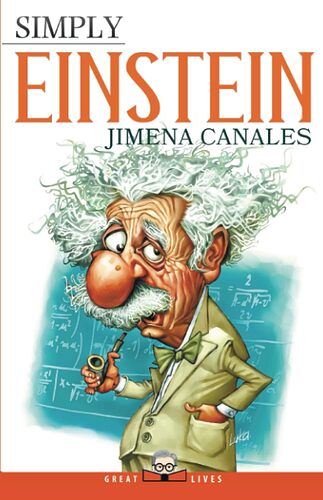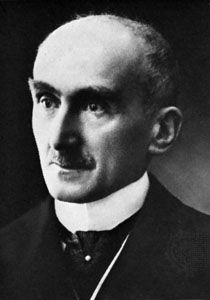Regrettably, my ereader broke down after washing it, so I lost my notes… I will have to re-read his books for specific quotes, or recover the data on the ereader somehow.
My first impression was that Bergson was ‘losing on purpose’ from the perspective of a defense of concepts such as free will. Some of his logic was contradicting his own logic, providing evidence, from my perspective.
Your question is actually very interesting.
The reason why prominent philosophers like William James held Bergson in a high esteem is worthy of investigation, since the reason might not be solely found in literal texts or citations.
There are indications that Bergson’s fame was ‘given’ by William James as a sort of ‘thank you’.
In the case of James, Bergson had helped him to overcome a major intellectual problem that resulted in a win for James. Subsequently, Bergson was held in high esteem, potentially as a sort of ‘thank you’ for what otherwise might be considered a minor intellectual contribution, when considered by itself.
William James was enstrangled in a long-standing dispute between the rationalist and empiricist schools of philosophy, particularly around the nature of consciousness and the self.
On one side were the rationalists, who argued for a unified, stable conception of the self, while on the other side were the empiricists, who viewed the self as a collection of discrete sensations and perceptions.
James, as a pragmatist and empiricist, had found himself caught in the middle of this debate, struggling to reconcile his empiricist leanings with the apparent unity and continuity of conscious experience.
It was Bergson’s philosophical framework, with its emphasis on duration, intuition, and the lived experience of time, that provided James with the conceptual tools to break free from this philosophical impasse.
Bergson’s Global Fame Started With William James
William James was one of the first prominent philosophers to hold Henri Bergson in high esteem, and this resulted in a significant rise in Bergson’s status and influence.
In the early 20th century, when Bergson’s work was not yet widely known outside of France, James played a crucial role in introducing Bergson’s ideas to the English-speaking world.
Through his writings and lectures, James helped to popularize Bergson’s ideas and brought them to the attention of a wider audience. Bergson’s reputation and influence grew rapidly in the years following James’s championing of his ideas.
So it appears that Bergson’s intellectual contribution that would cause major interest in his philosophy in the English speaking world, might have been a solution that enabled William James to get out of an impasse that hindered his own philosophy. James profoundly invested in promoting Bergson, which might have been a sort of thank you.


